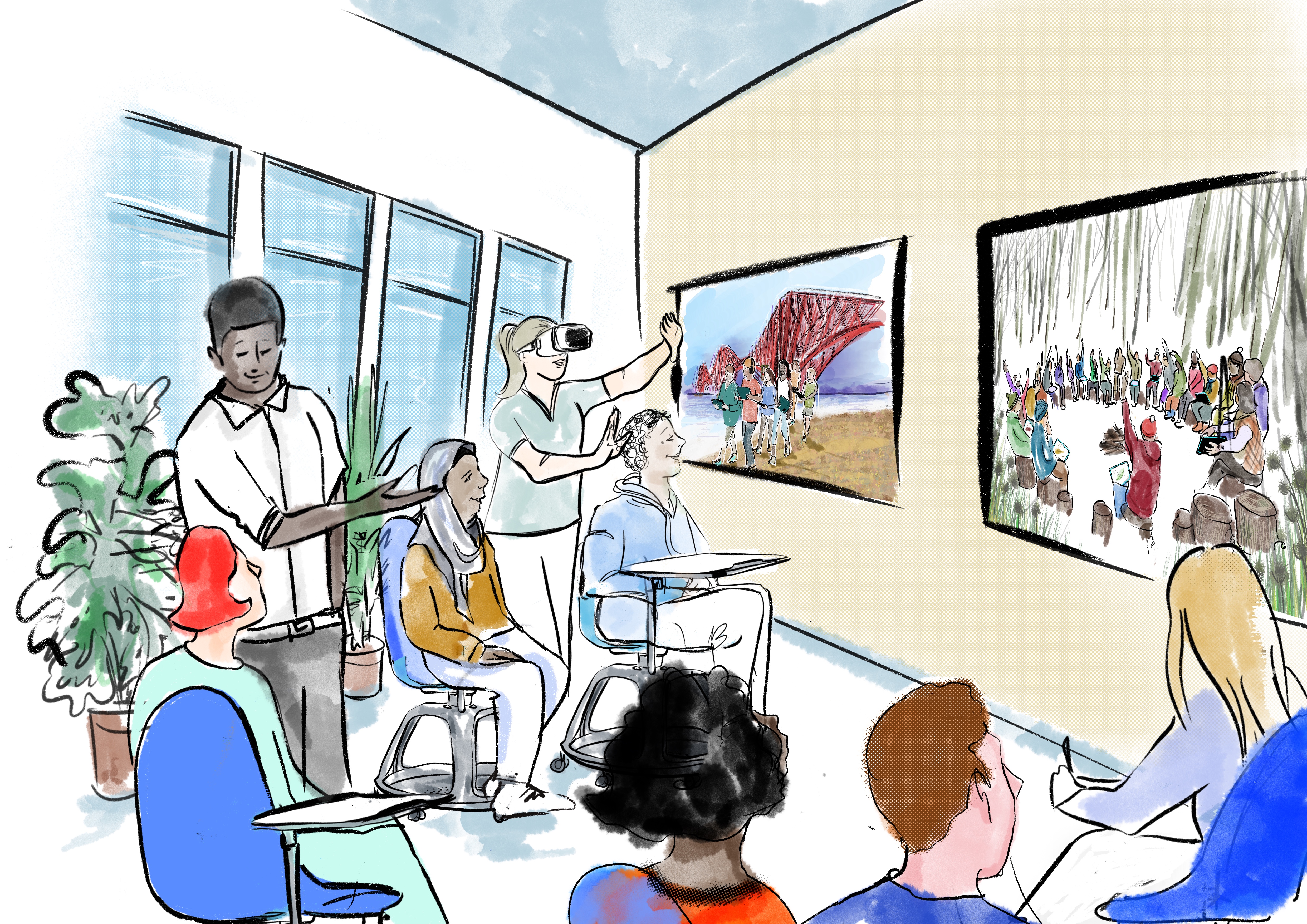About Shared Learning Spaces
“Little is known about the experiences of teachers and learners in newly designed learning spaces, and whether the potential for reimagined pedagogies is being realised’ (Willis et al, 2013).
Shared Learning Spaces (SLS) is an initiative in the Moray House School of Education and Sport (MHSES) at the University of Edinburgh, led by Professor Do Coyle. We collaborate with schools and Early Years settings for the exploration and development of learning spaces that actively benefit pupils, teachers, student teachers, leaders, and other educators.
Based on the principle that these spaces are technologically-connected, they enable all teachers and learners in different sites to learn together in ways which otherwise would not have been possible. Providing large screen visual connectivity and interactive whiteboard sharing, the connected spaces behave as one space.
We are investigating what the potential of shared learning spaces is in terms of deepening learning and how these spaces influence the quality of learning; what the outcomes might be pedagogically by directly involving learners and educators in the design and research of these shared learning spaces; and how an exploration of SLS enables a reconceptualization of attainment.
Spatial Literacies: A Definition
The concept of spatial literacies is central to the work of the Shared Learning Spaces Team.
Spatial literacy is the ability to use the properties of space to communicate, reason and solve problems.
Spatially literate learners have habits of mind which encourage them to think spatially; practice spatial thinking in an informed way; and adopt a critical stance to spatial thinking leading to a reliable, valid evaluation.
To learn more about spatial literacies and why they are so important, read Professor Do Coyle’s position paper on Spatial Literacies for Shared Learning.
Main objective
To develop innovative shared learning spaces that connect people across sites nationally and internationally.
Outcomes
- To open up the ‘closed’ world of the classroom to allow teachers to share their practice and learners to share their learning.
- To contribute to the transformation of teacher education, teacher professional practice and improve pupil attainment.
- To develop a pedagogic approach that has learning spaces at its fore.
Deliverables/Outputs:
- To identify schools who want to experiment with the idea of developing shared learning spaces that could potentially transform teaching and learning.
- To work with partner schools regarding the installation of SLS tools and encourage teachers to experiment with them in relative privacy.
- To facilitate ways of using shared learning spaces.
- To provide fora for teachers to share good practice with a variety of groups, such as initial teacher educators, with other teachers, with other chosen persons and organisations.
- To develop appropriate conventions and ethical guidelines incrementally as the SLS technology is used in an increasing variety of ways and with diverse groups (initial teacher educators, other teachers in other schools, parents and between groups of supervised children).
- To produce a guide for developing shared spaces which seek to grow safe yet exciting spaces where learners can learn in ways which engender a feeling of success and attainment defined by the participants themselves to support their own identities, self-esteem and resilience for learning i.e. a growth mindset.

